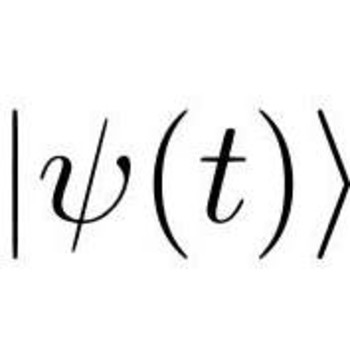How much work does it take to raise a #31 kg # weight #32 m #?
2 Answers
Consider the change is potential energy incurred as a result of raising the body of mass.
Recall,
due to the assumption of "horizontal" acceleration.
We can then say,
Hence,
of work must be done on this body of mass to raise to the height you describe.
I get
Explanation:
Well, work is defined through the equation,
#F# is the force in newtons
#d# is the distance moved in meters
The force here is the weight of the box, which is given by,
#m# is the mass of the object in kilograms
#g# is the gravitational acceleration in#"m/s"^2# , on Earth it's around#9.8 \ "m/s"^2# .
And so, the weight here is
Therefore, the work done is:


